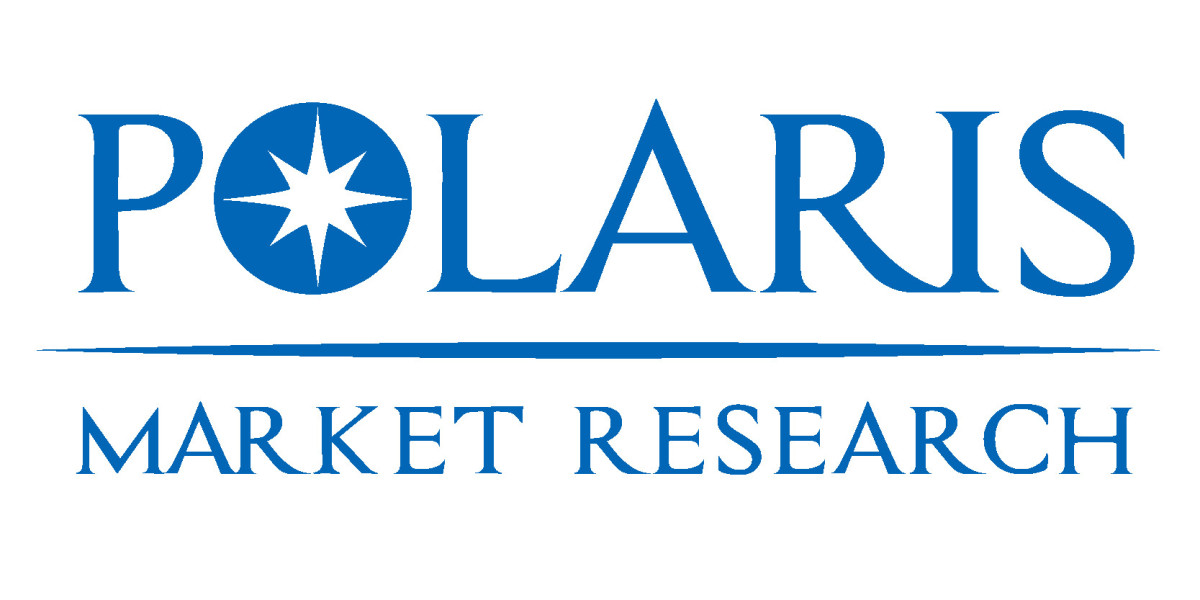Market Overview
The global placenta market size was valued at USD 599.45 million in 2024. The market is projected to grow from USD 652.21 million in 2025 to USD 1,404.87 million by 2034, exhibiting a CAGR of 8.9% during 2025–2034.
The placenta market has gained significant traction in recent years, driven by its diverse applications in pharmaceuticals, nutraceuticals, and cosmetic formulations. Once considered a niche segment, placenta-derived products are now recognized for their potential in regenerative medicine, anti-aging treatments, and advanced therapeutic solutions. The increasing interest in natural bioactive compounds and the shift toward holistic wellness have further amplified demand. Placenta extracts are rich in proteins, amino acids, hormones, and bioactive molecules, making them an attractive raw material across multiple industries.
The global healthcare landscape is witnessing a rapid convergence of biotechnology, alternative medicine, and cosmetic innovation, where placenta-based products are positioned as a bridge between scientific advancement and consumer wellness preferences. The growing acceptance of bio-derived solutions has not only accelerated product innovation but also attracted a wider demographic of end-users, ranging from hospitals and research institutions to cosmetic manufacturers.
Key Market Growth Drivers
Several underlying factors are fueling the expansion of the placenta market.
Growing demand in regenerative medicine: Placenta extracts have been widely studied for their ability to stimulate cell regeneration and tissue repair. This has led to growing adoption in wound healing, post-surgical recovery, and chronic disease management. As research in stem cell therapy and tissue engineering evolves, placenta-based biomaterials are expected to play an even greater role in advanced healthcare.
Rising adoption in cosmetics and skincare: In the beauty and personal care industry, placenta extracts are incorporated into creams, serums, and lotions for their reputed anti-aging and skin rejuvenating properties. The global appetite for premium skincare solutions has significantly boosted demand for placenta-derived ingredients, particularly in markets such as Asia-Pacific where consumers are highly receptive to innovative beauty formulations.
Expansion of nutraceutical applications: Placenta extracts are increasingly being integrated into functional foods and dietary supplements, with claims related to immunity, vitality, and overall wellness. The rising trend toward preventive healthcare and consumer interest in natural supplements are key contributors to this shift.
Increased research and clinical studies: The scientific community’s growing focus on placenta’s therapeutic properties has provided validation for its benefits, driving higher levels of trust among healthcare professionals and consumers. This is expected to pave the way for more regulated product launches and applications across new verticals.
Market Challenges
Despite its promising growth, the placenta market faces several challenges that may affect its pace of adoption.
Regulatory complexities: The use of placenta-derived products in food, pharmaceuticals, and cosmetics is subject to stringent regulatory scrutiny across different regions. Compliance with safety standards, ethical sourcing, and clear labeling requirements often create hurdles for market players.
Ethical concerns and cultural sensitivities: Placenta extraction and usage can raise ethical questions, particularly in certain markets where cultural beliefs and societal norms impact consumer acceptance. Addressing these concerns transparently is crucial for wider adoption.
Supply chain limitations: Placenta sourcing is closely tied to healthcare facilities and controlled donation programs. Any disruption in supply or limitations in sourcing infrastructure can constrain the availability of raw materials, potentially impacting production capabilities.
Scientific validation and perception issues: While interest in placenta extracts is strong, skeptics remain unconvinced about the efficacy of certain applications. Continued research, peer-reviewed studies, and transparent product claims are necessary to overcome consumer hesitation.
Browse More Insights :
https://www.polarismarketresearch.com/industry-analysis/placenta-market
Regional Analysis
The placenta market demonstrates strong regional diversity, with adoption patterns varying across geographies.
North America: The region is experiencing growing interest in placenta-derived pharmaceuticals and regenerative medicine. The presence of advanced healthcare infrastructure and strong investment in research and development supports growth. Additionally, the rising popularity of placenta-infused skincare products further bolsters market demand.
Europe: Ethical sourcing and regulatory compliance remain key focus areas in Europe. Consumer interest in natural and premium beauty products is supporting adoption in the cosmetics sector, while medical research institutions are exploring placenta’s role in chronic disease therapies and tissue repair.
Asia-Pacific: This region represents one of the most dynamic markets, with strong consumer acceptance in both traditional medicine and modern skincare. Countries such as Japan, South Korea, and China are at the forefront of adopting placenta-based products in cosmetics, wellness supplements, and therapeutic solutions. Cultural acceptance of bio-derived products and a strong cosmetic industry ecosystem drive significant opportunities here.
Latin America: The market is emerging, with increasing recognition of placenta’s benefits in both healthcare and cosmetic applications. Awareness campaigns and expanding distribution networks are expected to support market penetration in the coming years.
Middle East & Africa: While still in nascent stages, the region is gradually witnessing an increase in demand for premium cosmetic products incorporating placenta extracts. Healthcare applications are limited but are expected to expand as awareness and infrastructure improve.
Key Companies
The placenta market is characterized by a blend of biotechnology firms, nutraceutical developers, and cosmetic product manufacturers. Many companies are focusing on diversifying their portfolios to include placenta-based offerings, often emphasizing innovation in extraction methods, product safety, and regulatory compliance. Research collaborations between academic institutions and industry stakeholders are also playing a crucial role in strengthening the scientific foundation for placenta-derived applications.
Key strategies in the market include expanding distribution channels, investing in clinical trials, and promoting products in both developed and emerging markets. By leveraging advanced extraction technologies, companies are striving to enhance bioavailability and maximize the therapeutic efficacy of placenta-derived compounds.
Conclusion
The Placenta market is poised for steady expansion, propelled by its multi-faceted applications across healthcare, cosmetics, and nutraceuticals. While ethical, regulatory, and supply challenges persist, ongoing research and growing consumer awareness are expected to mitigate these hurdles. With increasing global acceptance of bio-derived products, the placenta market is likely to evolve as a significant contributor to the future of regenerative healthcare and wellness industries.
More Trending Latest Reports By Polaris Market Research:
Pipeline Pigging Services Market







